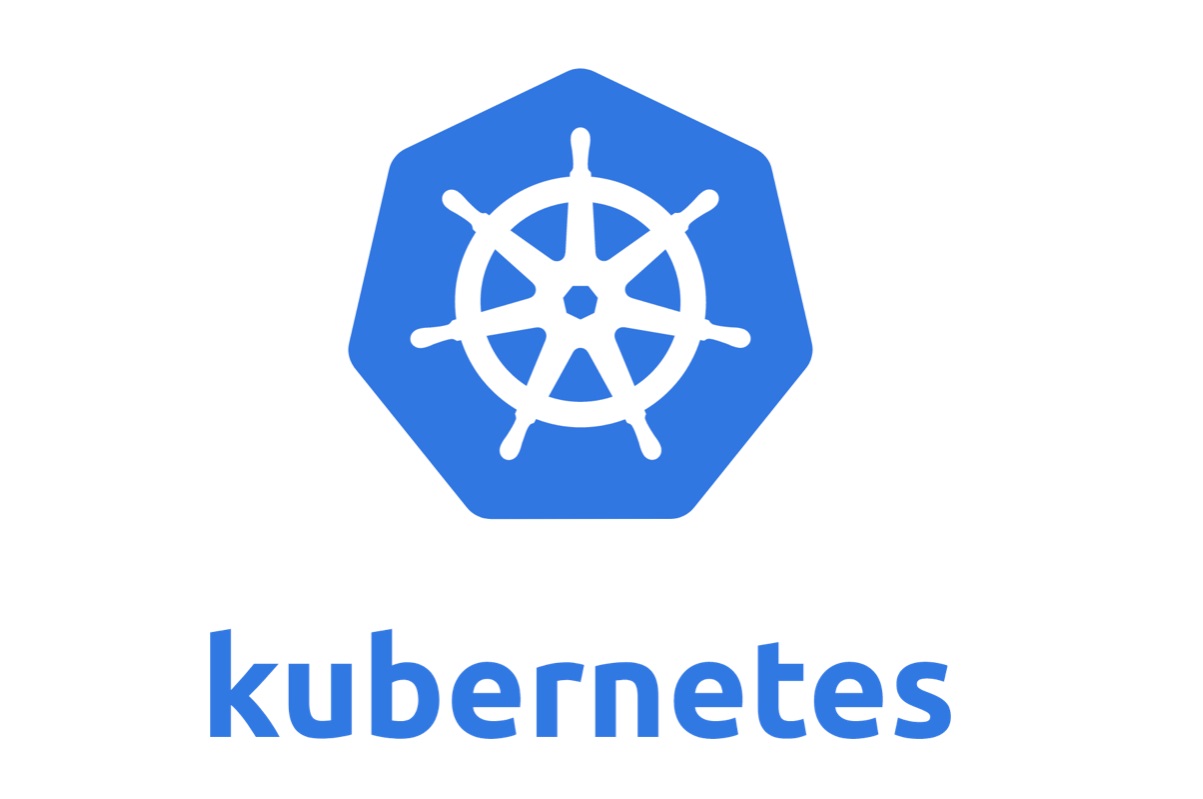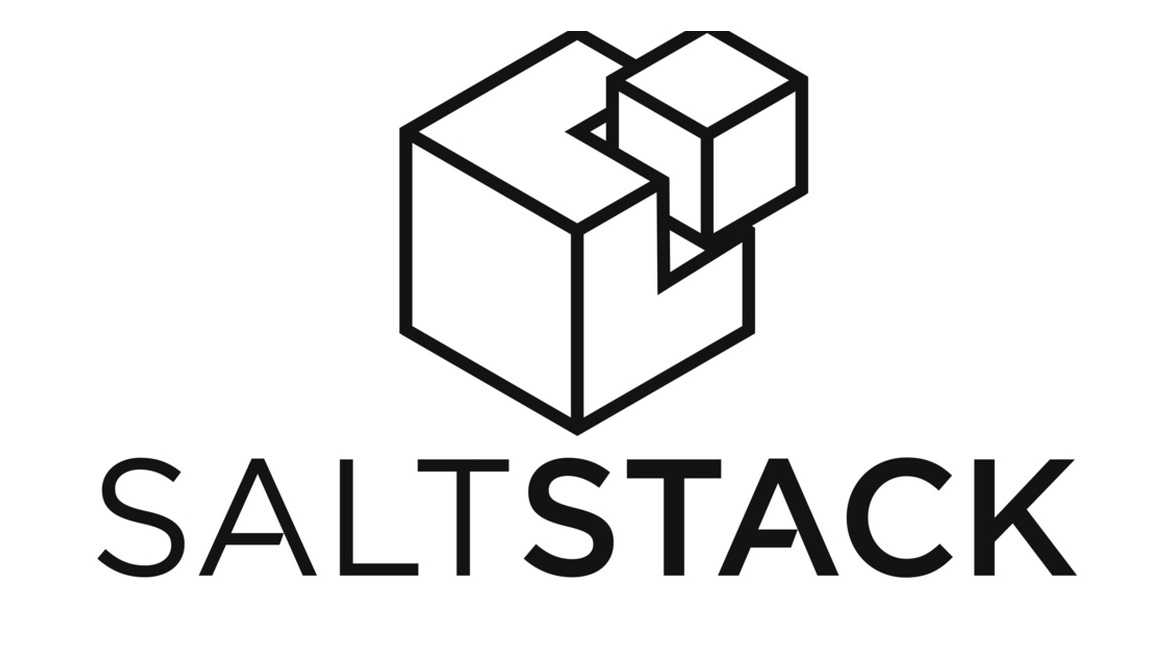Why you should master Amazon AWS
Published

Amazon AWS stands for Amazon Web Services and is a cloud computing platform provided by Amazon. It offers a variety of services and tools that help companies and developers run their IT infrastructure and applications in the cloud.
Some of the services offered by AWS include Virtual Servers (EC2), Storage (S3), Databases (RDS), Content Delivery Networks (CloudFront), Networks (VPC), Analytics (EMR), Artificial Intelligence (SageMaker), and many more.
AWS enables companies and organizations to flexibly scale their IT infrastructure without having to make a large investment in physical hardware. AWS also offers high availability and reliability as it has a global infrastructure consisting of many physical data centers in different regions of the world.
Overall, AWS is one of the most widely used cloud computing platforms and offers a variety of services and tools to help businesses and developers implement their needs in the cloud.
How much does Amazon AWS cost?

Those : gettyimages.com
The cost of Amazon AWS varies depending on the services you use and how intensively you use them. AWS offers a pay-as-you-go pricing structure where you only pay for the resources you actually use.
Some of the factors that can affect the cost are the number of server instances used, the amount of data stored, the number of requests to the database, the traffic on the website or application, the storage, networking and analytics functions used as well as the desired region and availability zone.
There are also savings opportunities, such as using reserved instances or taking advantage of savings through long-term contracts.
To get an overview of AWS costs, you can use the AWS cost calculator available on the AWS website. It is also typically a good idea to contact an AWS expert or enlist the assistance of an AWS partner to maximize cost optimization.
Which companies use Amazon AWS?

Those : istockphoto.com
A variety of companies and organizations of all sizes and industries use Amazon AWS. Here are some examples:
- Airbnb: Uses AWS to provide the infrastructure for the global booking platform.
- Netflix: Uses AWS to power the global streaming platform.
- GE Healthcare: Uses AWS to collect and analyze data from medical devices.
- Expedia: Uses AWS to power global travel booking platform and offer customer personalization.
- Unilever: Uses AWS to provide cloud-based analytics platforms to optimize operations.
- Capital One: Leverages AWS to accelerate digital transformation and drive innovation.
- Samsung: Uses AWS to support digital transformation of business processes and provide cloud-based services.
- NASA: Uses AWS to collect and analyze data from space missions.
These are just a few examples of companies using AWS. Many other companies use AWS to run their IT infrastructure and applications in the cloud.
What components does Amazon AWS include?
Amazon AWS includes a wide range of components, services and tools that enable companies and developers to run their IT infrastructure and applications in the cloud. Here are some of the key components of AWS:
- Compute: Virtual server instances, container orchestration, serverless computing and more.
- Storage: Object and file storage, archive and backup solutions, content delivery network and more.
- Databases: Relational and NoSQL databases, database migration and management, in-memory databases and more.
- Network and Content Delivery: Virtual Private Cloud (VPC), Content Delivery Network (CDN), load balancing, DNS management and more.
- Management tools: identity and access management, monitoring, logging and analysis, configuration management and more.
- Security and Compliance: Network and data security, encryption, compliance tools and more.
- Artificial Intelligence (AI) and Machine Learning (ML): AI platforms, image and video analysis, language processing and more.
- Application integration: messaging, workflow automation, API management and more.
These are just some of the components AWS offers. Overall, AWS offers a variety of services to help companies and developers run their IT infrastructure and applications in the cloud.
What alternatives exist besides Amazon AWS?
There are several alternatives to Amazon AWS. Some of the most famous are:
- Microsoft Azure: Similar to AWS, Microsoft Azure offers a wide range of cloud computing services and tools, including compute, storage, databases, network and content delivery, management tools, AI and ML, application integration, and more.
- Google Cloud Platform: Google Cloud Platform is a cloud computing platform that offers similar services to AWS and Azure, including compute, storage, databases, network and content delivery, management tools, AI and ML, application integration, and more.
- IBM Cloud: IBM Cloud is a cloud computing platform that offers a wide range of services including compute, storage, databases, network and content delivery, management tools, AI and ML, application integration and more.
- Oracle Cloud Infrastructure: Oracle Cloud Infrastructure is a cloud computing platform that provides compute, storage, database, networking and security services to run applications and workloads in the cloud.
- DigitalOcean: DigitalOcean is a cloud computing platform focused on simple, scalable virtual server instances running on SSD storage.
There are many other cloud computing platforms and services that can serve as alternatives to Amazon AWS. Companies should carefully consider and evaluate the different options to find the best solution for their specific needs.
How suitable is Amazon AWS for DevOps?

Those : istockphoto.com
Amazon AWS is an excellent platform for DevOps. DevOps is a culture and practice of collaboration between development and operations teams aimed at delivering software quickly and reliably. AWS offers a wide range of services and tools designed specifically for DevOps to simplify and automate the development, testing, deployment and operation processes of applications in the cloud.
- Here are some of the reasons why AWS is a good fit for DevOps:
- Automation: AWS offers numerous tools and services that enable the automation of development and operations tasks. For example, developers can automate continuous integration (CI) and continuous deployment (CD) to seamlessly integrate code changes and push them into production.
- Flexibility: AWS offers a variety of compute, storage, and networking services that developers can flexibly combine to quickly develop, test, and deploy applications.
- Scalability: AWS allows developers to quickly and easily scale applications in the cloud by adding or removing resources to adapt to changing loads.
- Security: AWS offers a wide range of security services and tools that developers can use to protect applications in the cloud.
- Monitoring and logging: AWS provides powerful tools for monitoring and logging applications and infrastructure to ensure availability and performance and quickly troubleshoot problems.
In summary, AWS provides an excellent platform for DevOps by providing developers with tools and services that enable faster and more efficient application delivery.
How hard is it to scale Amazon?

Those : dreamstime.com
Amazon AWS was designed from the start to be highly scalable and able to grow with customers' needs and requirements. AWS offers a variety of services and tools that enable companies to quickly and easily scale their applications and workloads in the cloud.
Here are some factors that affect Amazon AWS scalability:
- Architecture: AWS is designed to provide a highly available, scalable, and secure infrastructure. AWS services are typically built to be horizontally scalable, meaning they have the ability to add more resources to increase capacity and availability.
- Elasticity: AWS offers elastic services such as EC2 Auto Scaling and DynamoDB Auto Scaling that can automatically add or remove more resources to handle the current workload. This helps ensure that the infrastructure is always able to meet current requirements.
- Network: AWS provides a global network of data centers and edge locations that enables companies to deploy applications and workloads close to their customers and users. This helps minimize latency issues and provide a better user experience.
- Scaling the organization: Scaling AWS also requires scaling the organization and the teams that work with AWS. AWS offers a variety of training and certifications that enable companies and their employees to use AWS effectively and scale quickly.
In summary, Amazon AWS is designed to be highly scalable and able to grow with customers' needs and requirements. The combination of architecture, automation, elasticity, network and organizational scale make AWS a powerful and scalable cloud platform.








